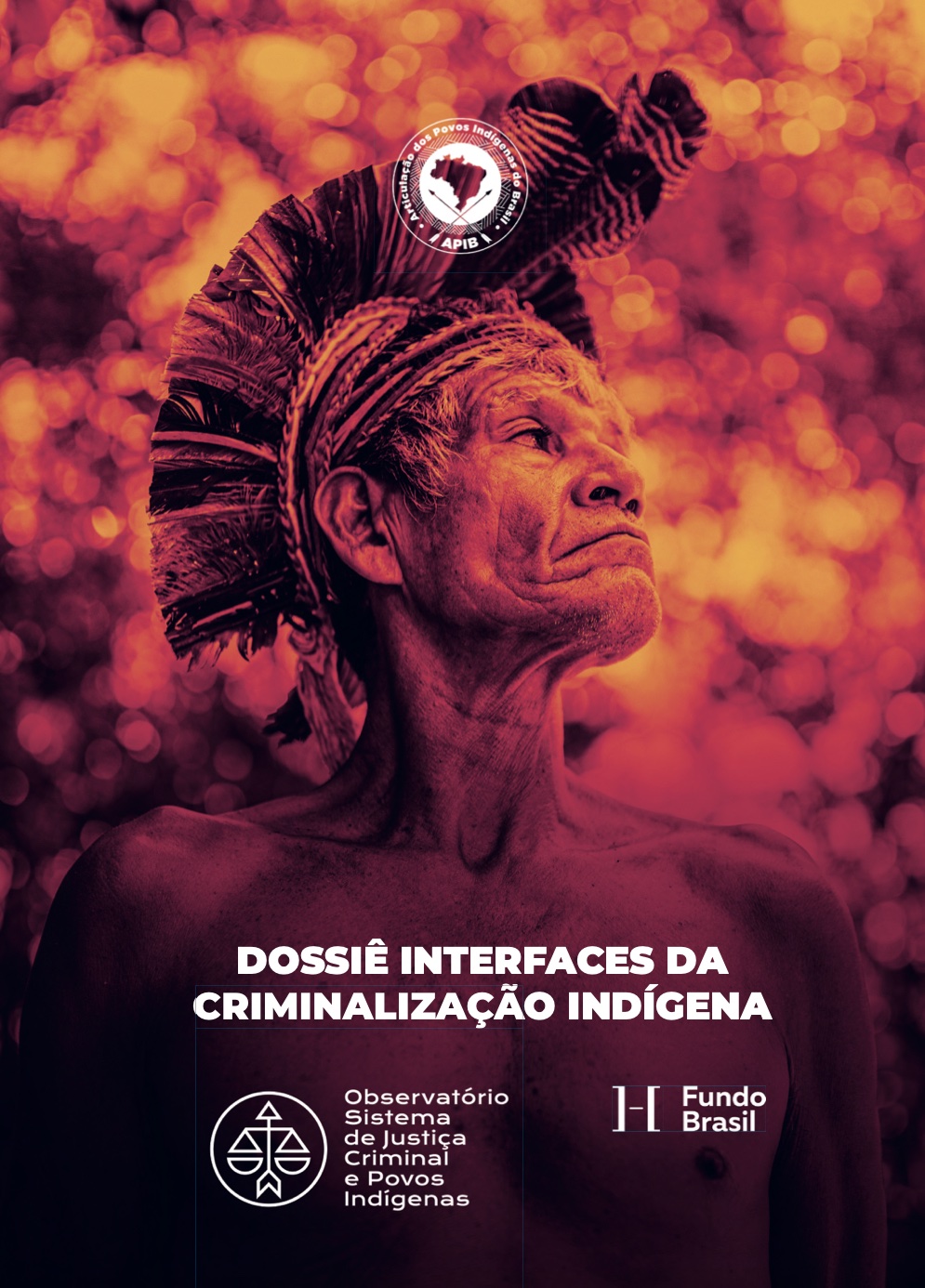From promises to action: Analyzing global commitments on food security and diets since 2015
Achieving Sustainable Development Goal 2 (SDG 2), Zero Hunger, by 2030 is in jeopardy due to slowing and unequal economic growth, climate shocks, the COVID-19 pandemic, conflict, lackluster efforts toward investing in food system sustainability and agricultural productivity growth, and persistent barriers to open food trade. Nevertheless, numerous commitments to achieving SDG 2 have been repeatedly expressed by Heads of State and Ministers at diverse global meetings since the SDGs became a focus in 2015.



